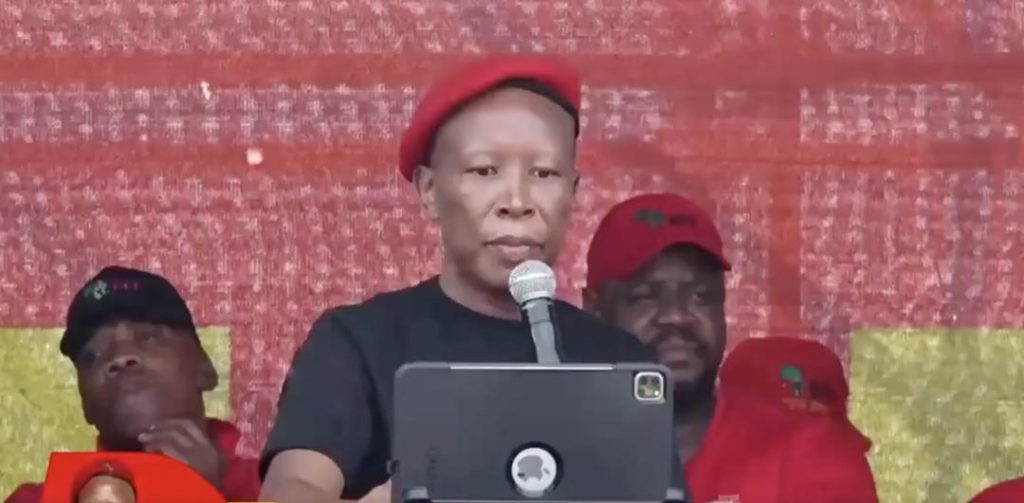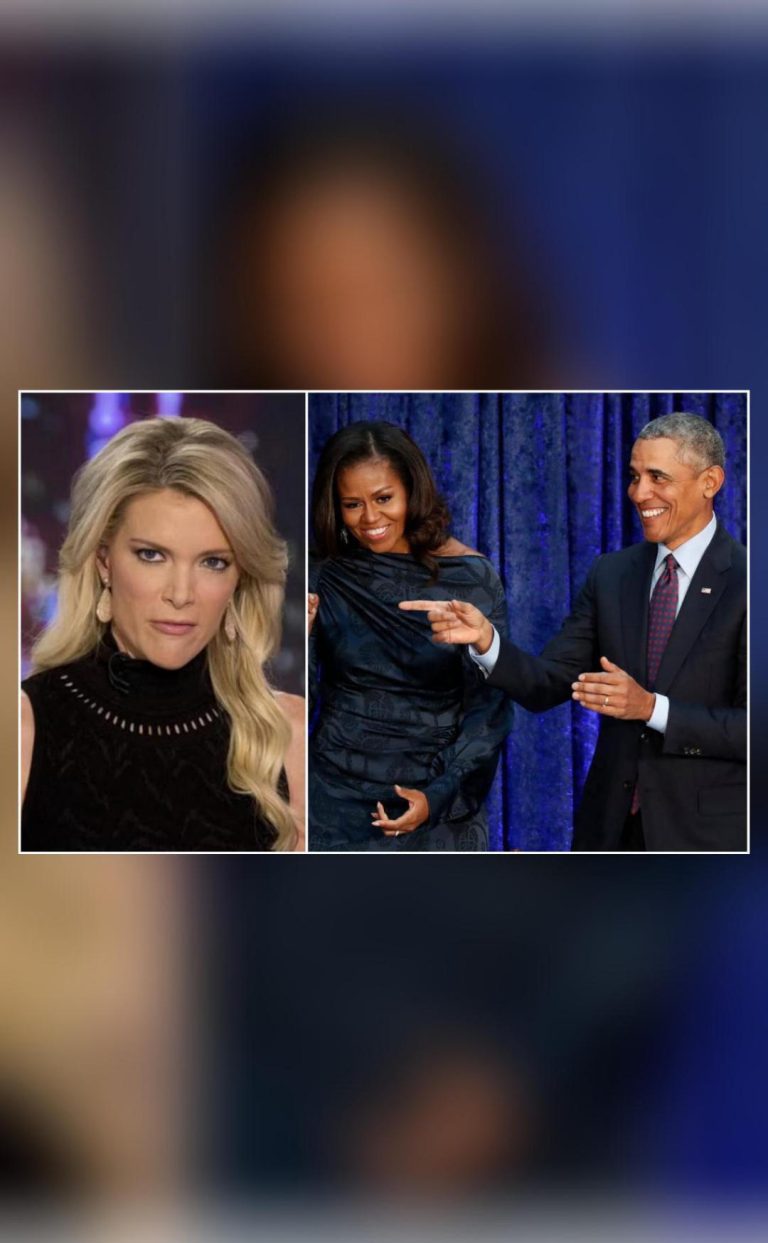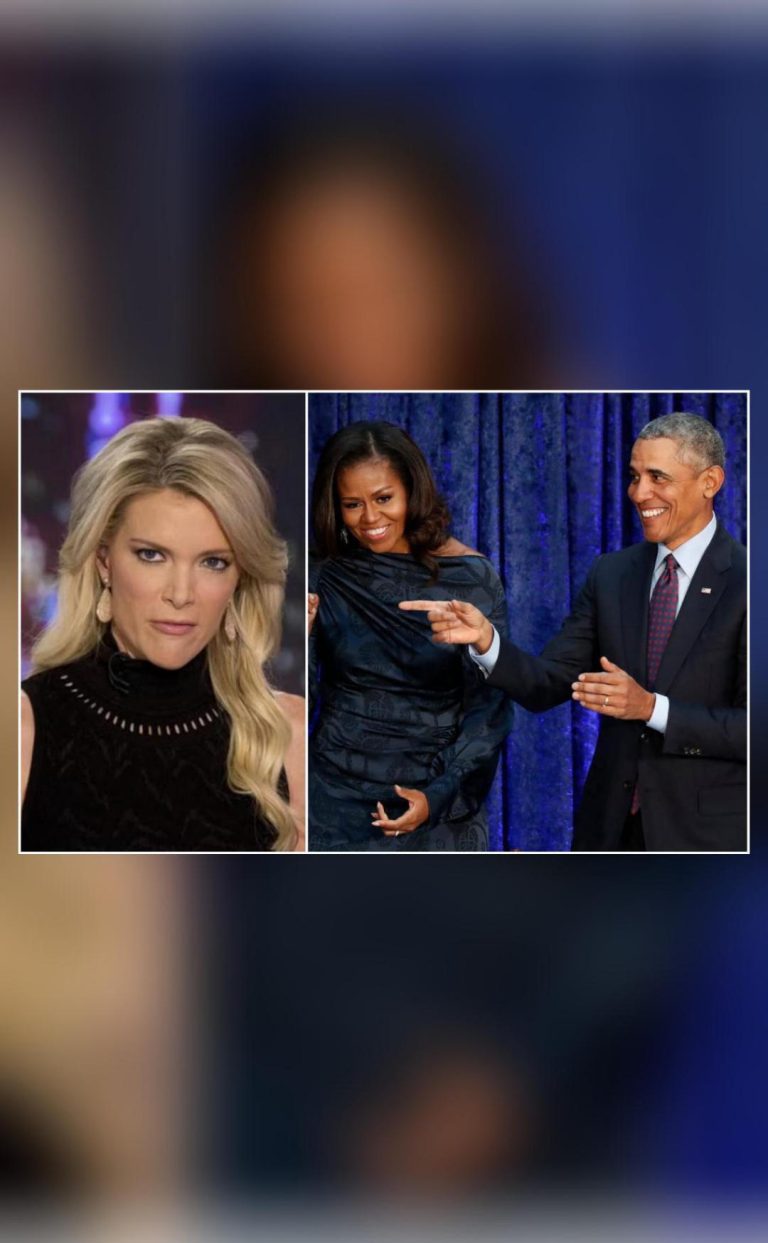
We Must Unite Against American Colonialism: SA Leader Malema
South Africa’s Economic Freedom Fighters (EFF) party leader Julius Malema has sparked controversy once again with his fiery speech, this time targeting the United States and its alleged colonialist and imperialist tendencies. In a passionate address, Malema criticized the US, claiming that the nation has a history of destabilizing countries like Libya, Iraq, and Afghanistan.
“This country (the US) has a history of destabilizing countries, of killing people, of destroying countries,” Malema said. “Now they want to come to South Africa and destabilise it. We must unite against American imperialism and colonialism.”
Malema’s remarks come as no surprise, given his party’s long-standing anti-imperialist and anti-colonialist stance. The EFF has consistently criticized Western powers, including the US, for their alleged interference in African affairs and exploitation of the continent’s resources.
However, Malema’s comments have drawn criticism from some quarters, including from billionaire entrepreneur Elon Musk, who has been a vocal supporter of the EFF’s rival party, the African National Congress (ANC). Musk took to social media to condemn Malema’s remarks, saying that calling for the killing of white people was “unacceptable.”
This is not the first time that Malema has been criticized for his controversial statements. In the past, he has been accused of making inflammatory comments about white South Africans and has been involved in several high-profile disputes with other politicians and business leaders.
Despite the backlash, Malema remains a powerful figure in South African politics, with the EFF holding significant sway in the country’s parliament. The party has also gained popularity among young people and those who feel marginalized by the country’s economic and social systems.
Malema’s criticism of the US comes at a time when tensions between the two nations are running high. The US has been a vocal critic of South Africa’s land reform policies, which aim to redistribute land from white farmers to black South Africans. The US has also been critical of South Africa’s handling of its economy, which has struggled to recover from the global financial crisis.
In contrast, the EFF has been a strong supporter of land reform and has called for the nationalization of key industries, such as mining and banking. The party has also been critical of the ANC’s handling of the economy, which it says has led to widespread poverty and inequality.
Malema’s speech has also sparked debate about the role of the US in global politics. The US has a long history of intervening in the affairs of other countries, often using its military and economic power to shape events to its advantage. Many critics argue that this is a form of imperialism, which undermines the sovereignty of other nations and perpetuates inequality and exploitation.
In South Africa, the debate about American colonialism and imperialism is particularly relevant. The country has a complex history of colonialism, which has had a profound impact on its economy, politics, and society. Many South Africans feel that the US is still exerting its influence over the country, often in ways that are not in the best interests of the people.
In conclusion, Julius Malema’s speech is a powerful reminder of the need for South Africa and the rest of the world to challenge American colonialism and imperialism. The US has a long history of intervening in the affairs of other countries, often using its military and economic power to shape events to its advantage. This is a form of imperialism that undermines the sovereignty of other nations and perpetuates inequality and exploitation.
As Malema said, “We must unite against American imperialism and colonialism.” This is a message that resonates not just in South Africa, but around the world. It is a call to action, urging people to stand up against the powerful and to fight for justice, equality, and freedom.






